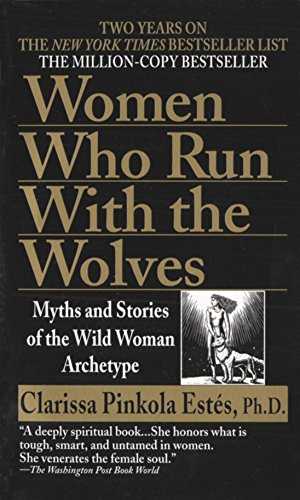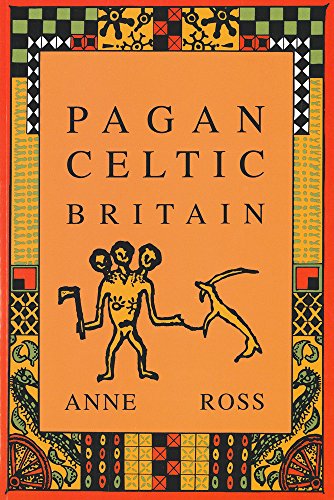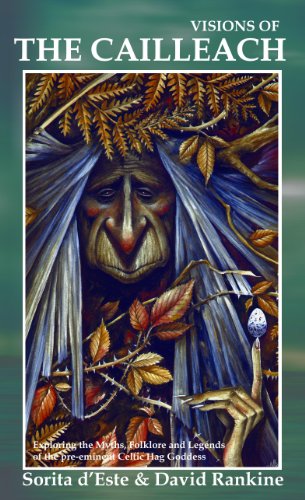What are
/r/Paganacht's
favorite Products & Services?
From 3.5 billion Reddit comments
The most popular Products mentioned in /r/Paganacht:
The most popular Services mentioned in /r/Paganacht:
The most popular reviews in /r/Paganacht:
This book has been phenomenal in just familiarizing me with a broad overview of Insular Celtic myth. I have Ellis' book on Druids to dive into next.
The closest thing I can think of is The Second Battle, which isn't a translation but a "fictionalised retelling." The narrative is more coherent (follows a more modernised structure, I guess?), if the choppy/changey structure of the original story is what you're struggling with?
"Brythonic" paganism is not really possible to disentangle from the Roman era archaeological evidence which forms the overwhelming physical evidence for pre Christian worship in southern Britain. Celtic paganism as a whole doesn't disentangle from the practices and beliefs of the many other cultures who have inhabited these islands.
Suffice it to say that the ancient Britons do seem to have gods and many of them were sculpted and had their names inscribed on altars during the Roman era. Like all the early celtic cultures though the ancient Britons were illiterate so we don't have a clear picture of what they did prior to the arrival of the Romans.
As a primer I recommend the books of Prof. Miranda Aldhouse-Green which are accessibly written but are derived from fact rather than modern myth.
Also highly recommended is Prof. Ronald Hutton's Pagan Britain which will give you the context you need to understand the whole sweep of pre-Christian and post-Christian paganism among Britons ancient and modern.
Here is an Amazon link to the best book I've found on him.
https://www.amazon.com/Search-Herne-Hunter-Eric-Fitch/dp/1898307237
Don't let the price scare you. The book isn't hard to get if you have access to an academic library or archive search. It is very academic and not the easiest read.
Jhenah Telyndru has an excellent short book on Rhiannon, "Rhiannon: Divine Queen of the Celtic Britons", which is $4 USD on Amazon Kindle.
https://www.amazon.com/Pagan-Portals-Rhiannon-Divine-Britons/dp/178535468X
All religious stories are just myths by another name. The Abrahamic religions and their books are just another myth. Some take them metaphorically and some take them literally, but that doesn’t make them more or less than what they are.
I think you might enjoy The Power of Myth mini series. Just to wrap your head around the whole myth question. This also comes in book form
Also you may find this book interesting, although it’s intended audience is for women.
And just ... look at jungian archetypes and philosophy in general :)
This is a journey. Don’t worry about the destination. Just go into the rabbit hole Alice and see where it leads you.
"The Ancient Paths: Discovering the Lost Map of Celtic Europe" by Graham Robb is a great geographic study of Gallic society incorporating history and archaeology. He does provide a good focus on religion and religious practice; his thesis centers around the Way of Herucles, which provided a solar framework for the placement of cities and how the Gauls conceived of a "righteous"/ religiously proper life. Wonderful insights.
https://www.amazon.com/Ancient-Paths-Discovering-Celtic-Europe/dp/0330531514
Sorry, didn't see your replay till later but I think u/Mogha_Ollathair has you covered pretty well. I second the recommendation for Ronald Hutton's "Pagan Britain" as a good starting place and also the Carmina Gadelica.
I'm late to this thread, but I can recommend Sioned Davies' translation, which is the latest translation available. It's in very straightforward, modern English, and it has extensive and informative endnotes that give context and explain things you didn't even realize you needed to know. Also, it's got a Welsh pronunciation guide, which I found really helpful.
Whether or not it satisfies your second bullet point is another question. You'll probably have a hard time finding any edition that doesn't look like a Penguin Classic book. I think it would be really kick-ass if someone released a special edition, leatherbound copy in the style of the Red Book of Hergest*, complete with the original Welsh text. But I doubt there will ever be a market for that lol.
I have not yet read any other translations myself, but I have heard good things about Ford's translation, which has been considered the standard since it was published in the 70's. So Benning's recommendation will probably do you well too.
Edit: I seriously wrote Red Book of "Westmarch" instead of "Hergest" the first time lmao. Awk-ward. Ironically, the Red Book of "Westmarch" does have nice, special edition prints.













